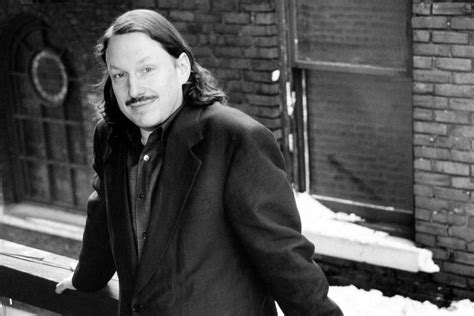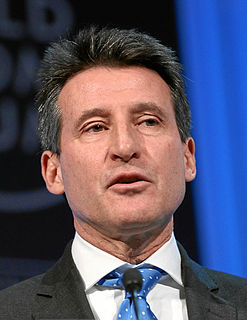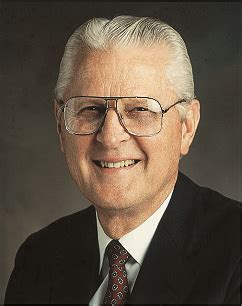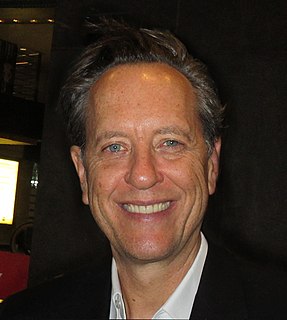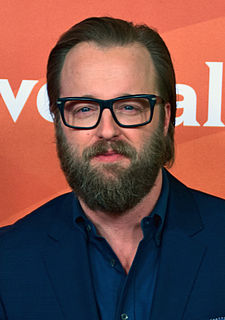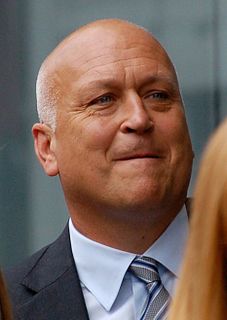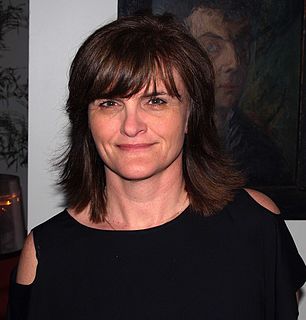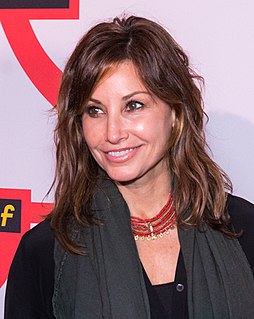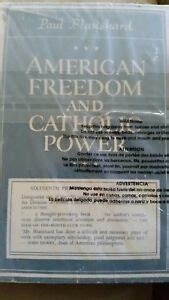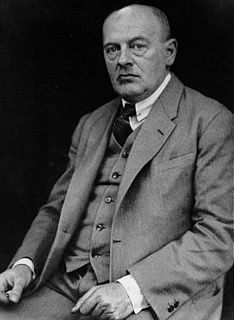Top 1200 Film Criticism Quotes & Sayings - Page 3
Explore popular Film Criticism quotes.
Last updated on December 18, 2024.
It's disingenuous to say that criticism doesn't get to you or you don't hear it or that you ignore it. When everybody says, 'That's crap. I hated that,' you hear it. But it's much, much worse when they're right: when you feel that it is an absolute piece of tosh. I made the film I wanted to make, so you just have to find a way of getting over it.
If the mystical lovers of the arts, who consider all criticism dissection and all dissection destruction of enjoyment, thought logically, an exclamation like "Goodness alive!" would be the best criticism of the most deserving work of art. There are critiques which say nothing but that, only they do so more extensively.
Self-criticism is not "love," and it is certainly not indifferent. It's a form of hatred. And when I name that, when I see it for what it is (raw and uncomfortable and saddening), when I refuse to sugar-coat self criticism, judgment, agitation, and constantly trying to improve myself, then I'm one quantum leap closer to freedom.
When I teach criticism, the first thing I say, and this sometimes pisses off younger - I mean, students, is that, opinions are the least part of criticism. We've all had the experience of going with a friend to a movie or a concert and you leave the theater and one of you loved it and one of you hated it, and that doesn't mean that one of you is an idiot. That's the way things work.
When I first prepared this particular talk... I realized that my usual approach is usually critical. That is, a lot of the things that I do, that most people do, are because they hate something somebody else has done, or they hate that something hasn't been done. And I realized that informed criticism has completely been done in by the web. Because the web has produced so much uninformed criticism. It's kind of a Gresham's Law-bad money drives the good money out of circulation. Bad criticism drives good criticism out of circulation. You just can't criticize anything.
This fear of criticism displayed by the advocates of freedom of criticism cannot be attributed solely to craftiness. No, the majority of the Economists look with sincere resentment upon all theoretical controversies, factional disagreements, broad political questions, plans for organising revolutionaries, etc.
Me and Kirby are very collaborative and it changes from film to film. The first project we worked on together, Derrida, we co-directed. The last film Outrage, I was the producer and he was the director. This film was much more of a collaboration - he is the director and I am the producer - but this is a film by both of us.
Criticism will need an injection of humility that is, a recognition of its role as ancillary to the arts, needed only occasionally in a temporary capacity. Since the critic exists only for introducing and explaining, he must be readily intelligible; he has no special vocabulary: criticism is in no way a science or a system.
It's the difference between someone who loves you more than anything in the world giving you criticism and getting it from some bitter stranger on the Internet. What my dad said to me was the kind of criticism where I was like, "Oh, my God, I'm on the wrong track." I'm so grateful to him for doing that. He was such a no-nonsense guy in that sense.
First one gets works of art, then criticism of them, then criticism of the criticism, and, finally, a book on The Literary Situation , a book which tells you all about writers, critics, publishing, paperbacked books, the tendencies of the (literary) time, what sells and how much, what writers wear and drink and want, what their wives wear and drink and want, and so on.
Common criticism of the Internet is that it is dominated by the crude, the uninformed, the immature, the smug, the untalented, the repetitious, the pathetic, the hostile, the deluded, the sefl-righteous, and the shrill. This criticism overlooks the fact that the Internet also offers - for the savvy individual who knows where to look - the tasteless and borderline insane.
